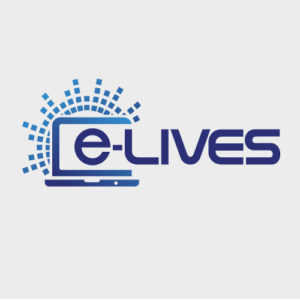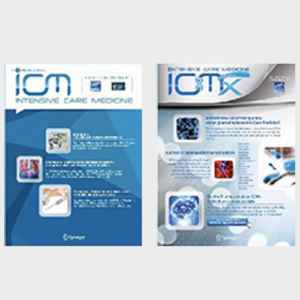Endorsed Research Projects
ESICM rules for the endorsement of research projects can be downloaded here.
Download the application form for project endorsement here.
If you wish to apply for endorsement or if you have any questions, please write to research@esicm.org
Procedures for ethical committees vary across countries. In order to facilitate the organisation of your trial you can find relevant information on the European Network of Research Ethics Committees website and on the WHO National Committees database.
Current Research Projects
Sepsis in the ICU-II: Precision medicine models for sepsis-induced myocardial dysfunction.
Cerebrovascular Investigation Related to Circulatory parameters Using Longitudinal Assessments on Transcranial Doppler based Evaluation in Mechanical Circulatory Support.
The first study within the platform is: Association of intraoperative Hemodynamic characteristics with postoperative Complications and Mortality (HeCoMo)
Core outcome set of daily monitoring of gastrointestinal function in critically ill patients.
Prospective, multicenter study to validate the GastroIntestinal Dysfunction Score (GIDS) and describe prevalence, outcomes, and management of phosphate disorders in intensive care patients (the GUTPHOS study).
Use of Non-Invasive Methods for Intracranial Pressure (ICP) Monitoring in Traumatic Brain Injury when invasive ICP is not available (in Low income countries). The Minimal TBI study.
Use & management of non-invasive methods to assess intracranial pressure in TBI patients in LMIC (+ in HIC when there are contraindications to invasive methods): a consensus & clinical recommendation
Long-term impAct in inTEnsive caRe survivors oF CORonavirus disease 19
Prone Positioning for invasively ventilated patients with COVID-19: an interactive, web-based, multicenter, observational registry
PRone positioN in patients with spontanEous ventiLation and acute hypoxemic respIratory FailurE (PRONELIFE)
Completed Research projects
YOU MAY ALSO BE INTERESTED IN
All ESICM congress resources at your fingertips – online, anytime, anywhere
Journals
ICM
ICMx
NEXT Award
Trials Group
Surveys







